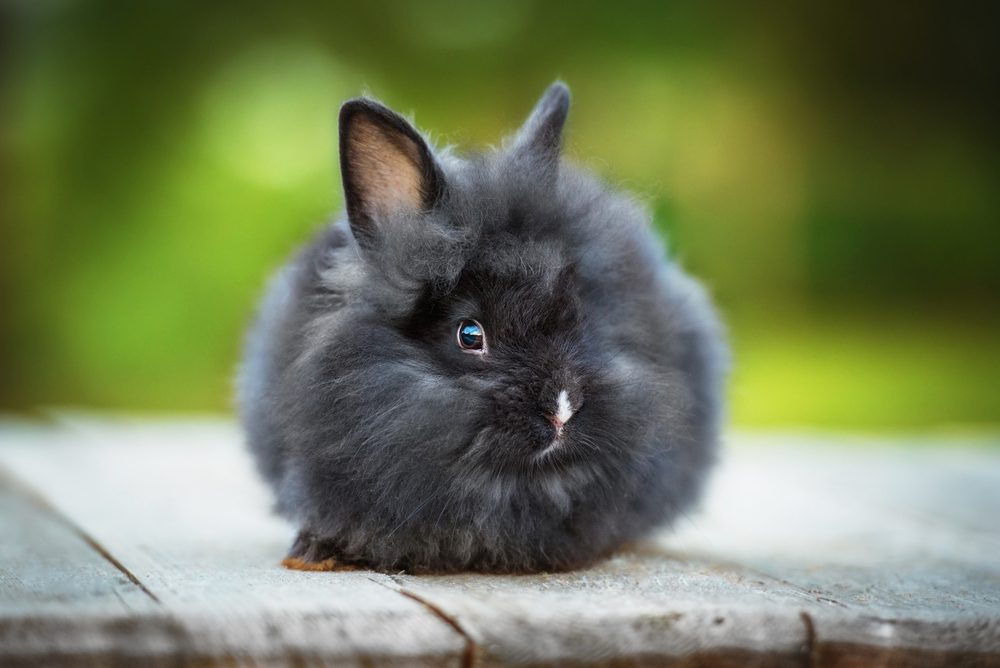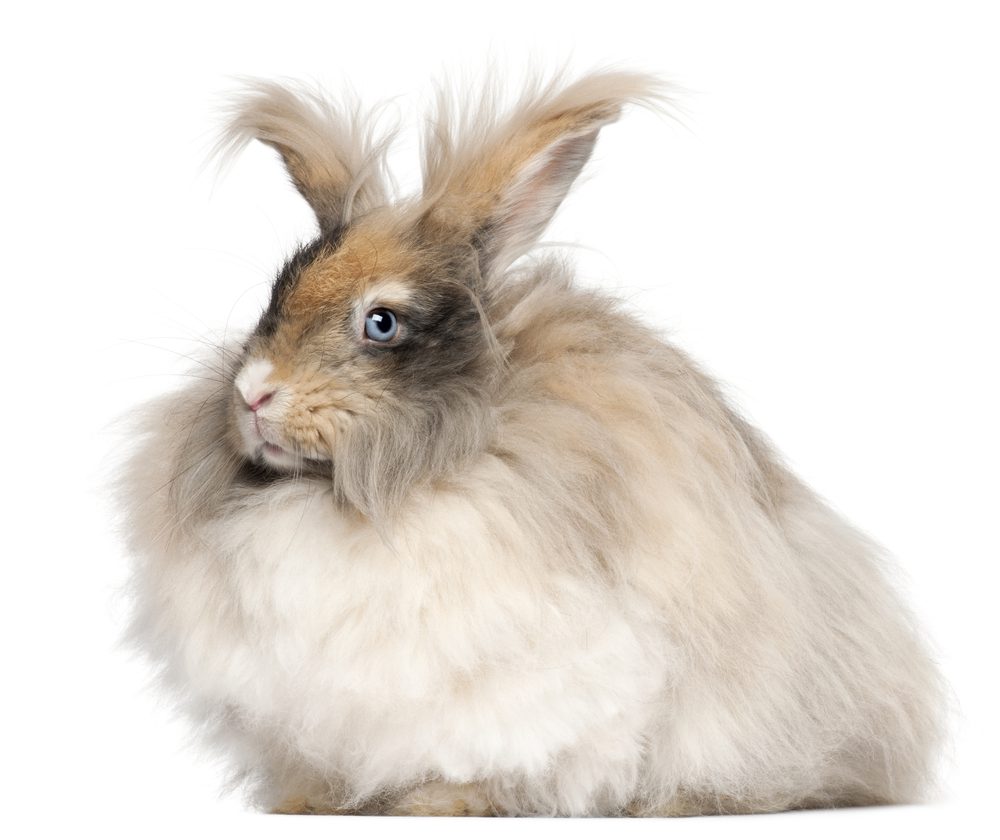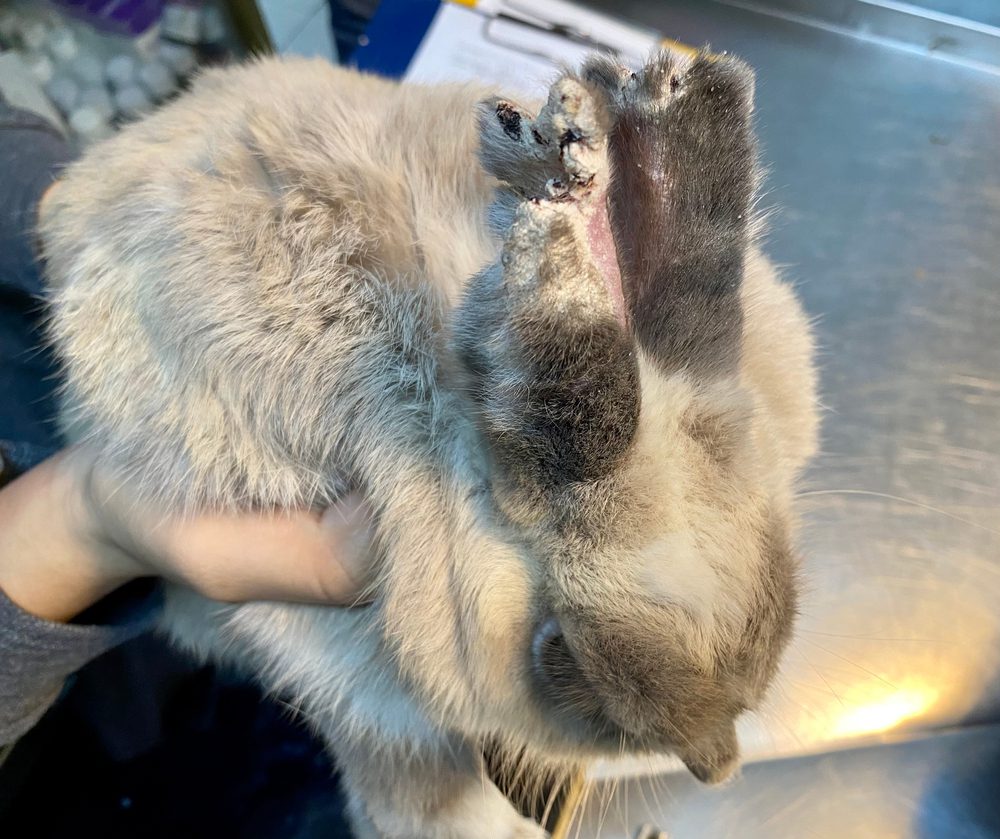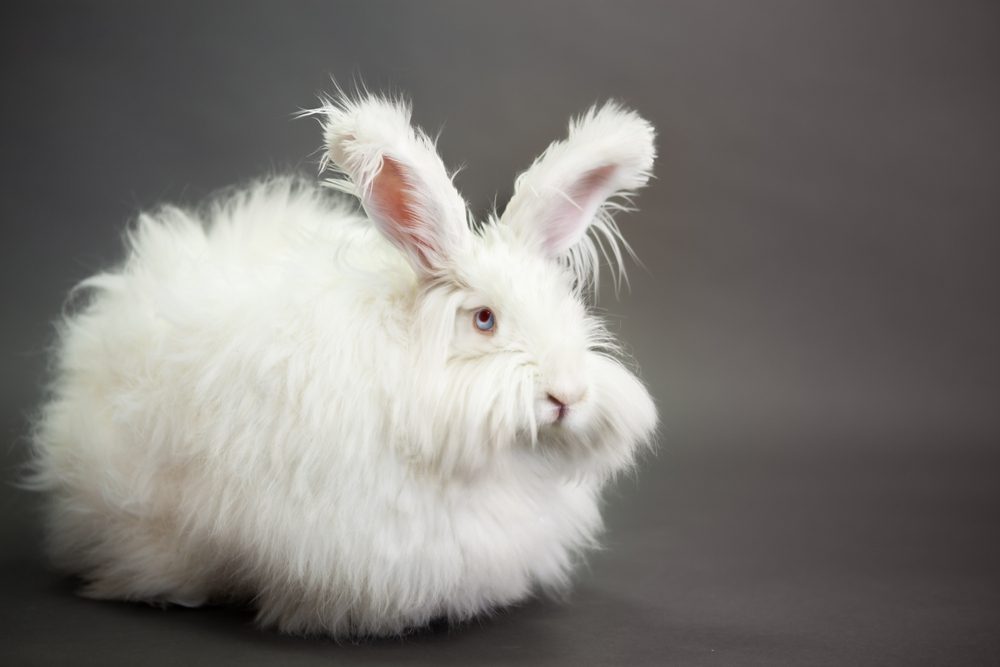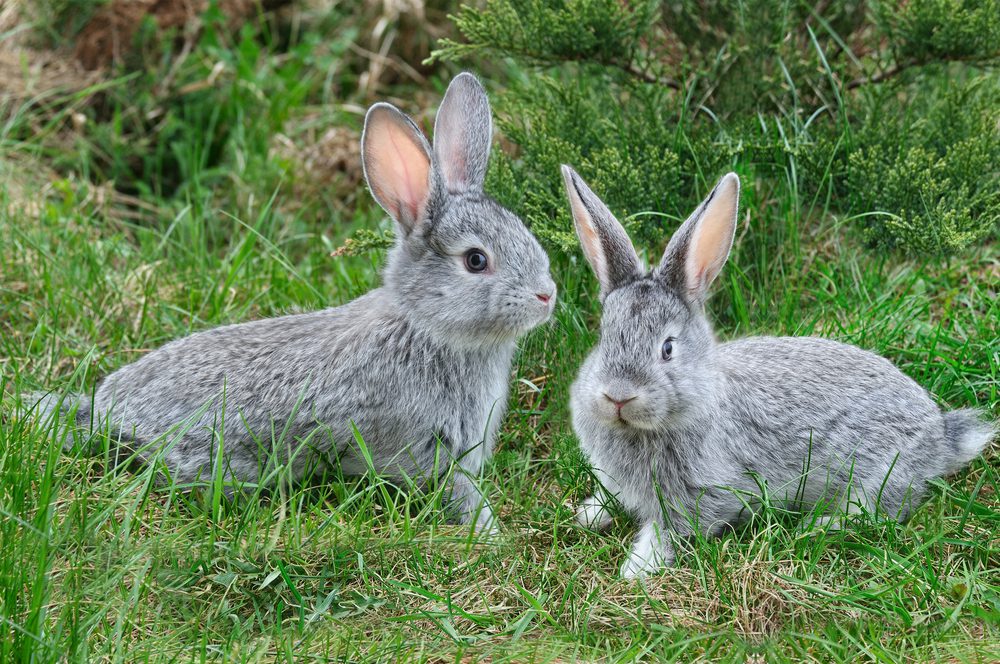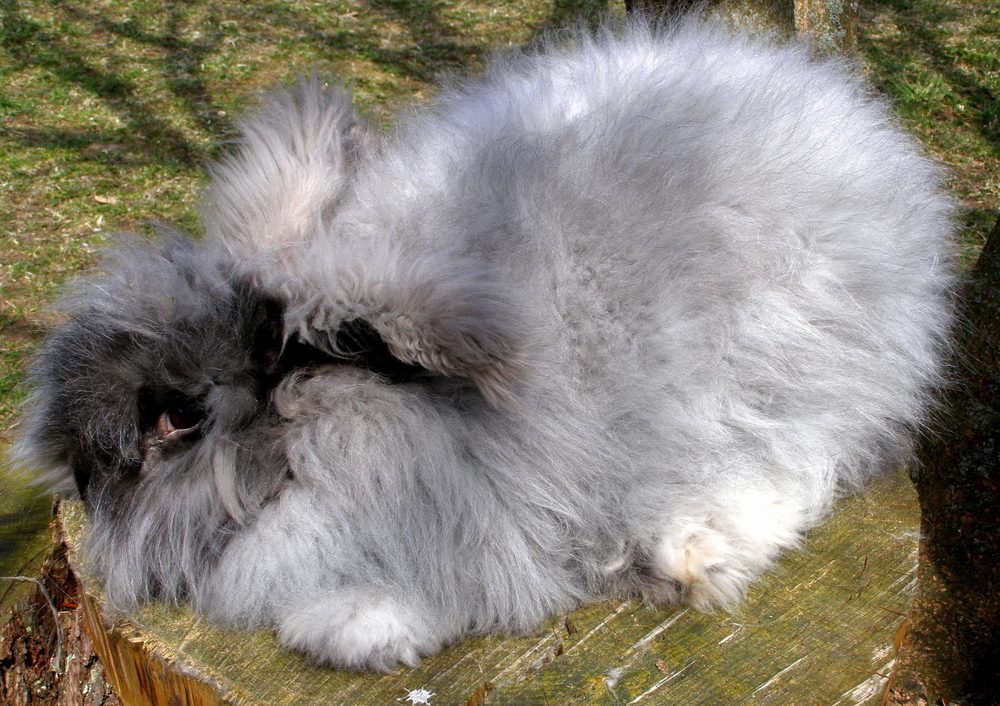Angora Rabbit Health: Expert Lifespan Extending Tips
Angora rabbits are different from other rabbits. Their long, soft fur makes them look like fluffy clouds hopping around. But this beautiful fur also means they need extra care to stay healthy. Just like us, these rabbits can get sick, and it’s our job as their friends to help them stay well.
We’ll explore some of the Angora rabbit health issues, like wool block, when their fur causes tummy troubles, and other problems affecting their teeth, skin, and more. But don’t worry! We’ll also discuss preventing these issues so your furry friend can live a long and happy life.
Plus, we’ll share tips on their diet, grooming, and how to create a safe home for them. You’ll learn when your rabbit is not feeling well and what to do in emergencies. By the end of this guide, you’ll be an expert in caring for your Angora rabbit. Let’s get started on this fluffy adventure!
Angora Rabbit Health Overview
Understanding Angora Rabbit Health Issues
Angora rabbits are unique, not just because they’re super fluffy but also because they have some health needs that other bunnies don’t. Imagine wearing a big, thick coat all the time. That’s how it is for Angora rabbits with their woolly fur. This unique coat can cause health problems if we don’t care for it right. We need to ensure they don’t eat too much of their fur when grooming themselves, which can lead to a condition called wool block. It’s like having a bad tummy ache because of eating something they shouldn’t.
Key Differences in Angora Rabbit Care
Caring for an Angora rabbit differs slightly from looking after other types of rabbits. They need more grooming because of their long fur. It’s like how you must brush your hair more if it’s long to keep it from getting tangled. Regular brushing helps prevent mats in their fur for Angora rabbits and keeps them comfortable. Also, because of their unique fur, they might feel hotter in warm weather than other rabbits. So, we must ensure they have a cool place to relax when it’s warm outside.
Common Health Issues in Angora Rabbits
Wool Block: The Furry Tummy Trouble
Imagine if you accidentally swallowed your hair every time you brushed it. Sounds weird, right? Well, that’s kind of what happens to Angora rabbits. They groom themselves a lot, and sometimes they swallow their long fur. This can lead to a condition called wool block. It’s like having a giant hairball stuck in their tummy, which can make them feel sick. To help them, we must brush their fur regularly and watch their diet, ensuring they get enough fiber to keep their digestive system running smoothly.
Dental Problems: More Than Just a Toothache
Angora rabbits’ teeth keep growing all their lives. If they don’t have the right things to chew on, their teeth can grow too long and cause pain. It’s like if your fingernails grew super long and you couldn’t cut them. Ouch! We can help our fluffy friends by giving them plenty of hay to munch on and wooden toys to chew. This keeps their teeth healthy and at the right length.
Skin Conditions: More Than Just Skin-Deep
With all that fur, Angora rabbits can sometimes get skin problems. Mats in their fur can pull on their skin and make them sore. It’s as if your hair was always pulled back too tightly. We can prevent this by keeping their fur well-groomed and checking their skin for any signs of trouble.
Digestive Disorders: A Delicate Balance
Angora rabbits have sensitive stomachs. They need a balanced diet to keep their digestive system happy. Feeding them the wrong things can upset their stomachs, like how overeating candy can give you a tummy ache. A diet rich in hay, fresh vegetables, and a small amount of pellets is best for them.
Respiratory Infections: Not Just a Common Cold
Angora rabbits can catch colds like us, but it can be more severe for them. If we notice them sneezing a lot or having trouble breathing, it’s time to visit the vet. It’s like when you feel sick and need to see a doctor.
Preventative Health Measures for Angora Rabbits
A Balanced Diet
Feeding your Angora rabbit the right food is super important. Think about how you feel when you eat healthy foods like fruits and veggies. Your rabbit feels the same way! Their diet should mostly be hay, which helps keep their teeth and tummy healthy. Fresh vegetables and a small amount of pellets add variety and extra nutrients. It’s like eating a well-balanced meal that keeps you strong and healthy.
Grooming Essentials: Keeping the Fluff in Check
Grooming your Angora rabbit isn’t just about making them look good – it’s essential for their health and an extended lifespan. Imagine wearing a heavy sweater that you can never take off. That’s how your rabbit feels with all that fur! Regular brushing helps prevent painful mats and keeps their skin healthy. It also stops them from swallowing too much fur, which can cause wool block. Think of it as a fun bonding time with your furry friend, where you’re helping them stay comfy and happy.
Regular Veterinary Check-Ups
Your Angora rabbit must see the vet regularly like you visit the doctor. These check-ups can catch any health problems early before they become big issues. The vet can also give you tips on how to keep your rabbit healthy. It’s like having a health coach who knows everything about keeping Angora rabbits in tip-top shape!
Managing Angora Rabbit Health at Home
Daily Health Monitoring
Watching your Angora rabbit every day is essential. Watch how they eat, play, and rest. Are they happy and active, or are they hiding and not eating much? Changes in their behavior can be like secret messages telling you they might not feel well. Keep an eye out for anything unusual, like less eating, changes in bathroom habits, or not wanting to play. This is like being a detective, looking for clues to keep your rabbit healthy.
Creating a Safe Living Environment
Your Angora rabbit’s home should be a safe and happy place. Ensure their cage is big enough for them to move around and play. It’s like having your own room where you can dance and jump without bumping into things. They also need a quiet spot to relax and hide when they want some alone time. Keep their home clean, with fresh water and food every day. Think about how you feel when your room is clean and cozy – your rabbit feels the same in their clean, comfy home.
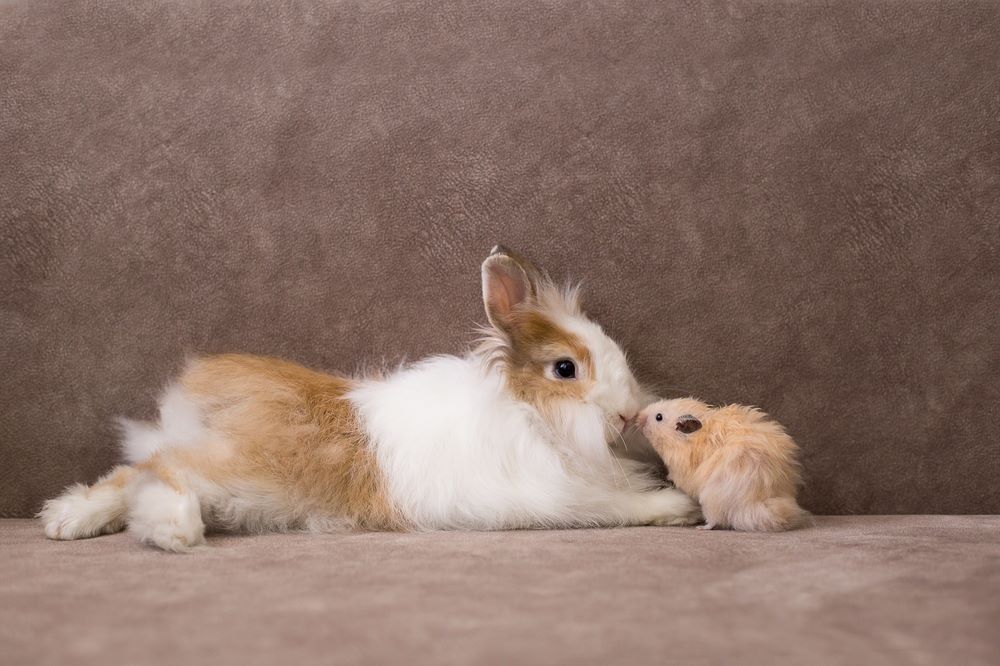
Emergency Care and Signs for Angora Rabbits
Recognizing Emergency Health Issues
Just like a superhero needs to know when to jump into action, you must know when your Angora rabbit needs urgent help. Some signs that mean “emergency” include not eating for over 12 hours, being very weak or unable to stand, having a hard belly, or breathing heavily. Imagine seeing a red light flashing, telling you it’s time to act fast. If you notice these signs, it’s best to take your rabbit to the vet immediately.
First Aid for Angora Rabbits: Be Prepared
Having a first-aid kit for your rabbit is a great idea. It’s like having a toolbox ready for quick fixes. Include things like a small towel to wrap your rabbit for safety, a syringe for giving water or liquid food, and your vet’s phone number. Remember, the first-aid kit isn’t a replacement for going to the vet, but it can help you manage things until you get there.
Conclusion
As we’ve explored the fascinating world of Angora rabbit care, we’ve uncovered vital insights to ensure your fluffy friend thrives. Understanding their unique health needs and care requirements is crucial, as is recognizing common health problems like wool block and dental issues. We’ve emphasized the importance of a balanced diet, regular grooming, and consistent vet visits – these are the golden rules for keeping your Angora rabbit in top shape. Monitoring their daily behavior and providing a safe, comfortable living environment can greatly impact their well-being. Being prepared and knowing when to seek professional help is vital in emergencies.
Now, it’s your turn to apply this knowledge. You can create a nurturing environment for your rabbit through regular care, attention, and love. Remember, caring for an Angora rabbit goes beyond basic needs; it’s about forming a bond that enriches both of your lives. Your rabbit relies on you for health and happiness, and with the guidance from this article, you’re well-prepared to give the best possible care. Embrace the joy and responsibility of being an Angora rabbit owner. Your dedication and love will ensure your furry companion’s happy, healthy life.

